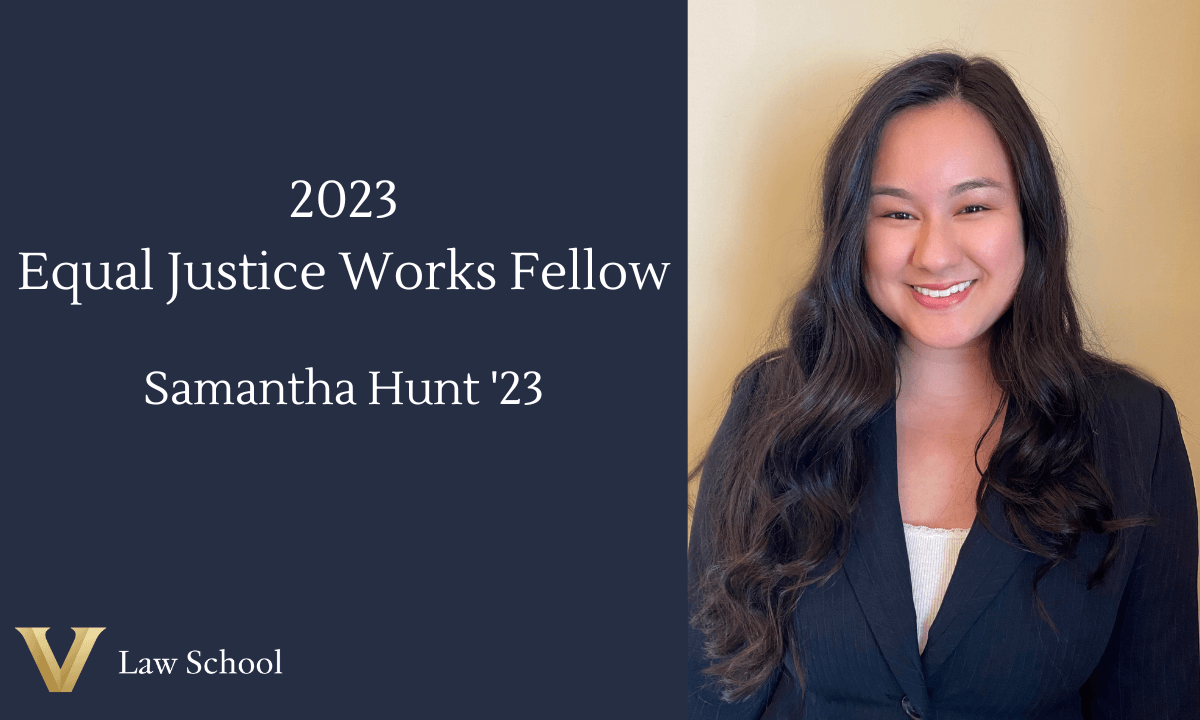The National Women’s Law Center (NWLC) announced the release of “Survivors Speaking Out,” a new resource by and for survivors of sex-based harassment, including sexual assault, domestic violence, dating violence, and stalking. This downloadable guide was co-developed by the National Women’s Law Center (NWLC), Know Your IX (KYIX), Harvard Law’s Cyberlaw Clinic, and Vanderbilt Law’s Stanton First Amendment Clinic.
In recent years, victims of sex-based harassment have increasingly faced retaliation, including in the form of defamation lawsuits. The five-part toolkit responds to this harmful trend by equipping those who speak out (or are thinking about it) with what they need to know about threats of retaliation. It will help survivors who have experienced sex-based harassment at school or at work understand their rights, risks, and options so they can make an informed decision about whether to speak out and, if so, how to protect themselves from harm.
“This resource provides survivors with a critical tool to help safeguard their speech and empower their storytelling,” said Jennifer Safstrom, Director of the Stanton First Amendment Clinic. “While litigation has been used as a speech-suppressive strategy, this toolkit helps ensure survivors are not silenced.”
The Clinic assumed several supporting roles in the development of Survivors Speaking Out, researching issues and case examples, providing substantive edits on wording and legal risk, and checking for technical accuracy.
“I feel confident that this toolkit will help survivors understand their rights, risks, and options as they navigate the decision about whether to speak out, and, if so, how they can do so as safely as possible,” said Kristen Smith ’23.
“From celebrities like Amber Heard to ordinary people who have experienced sex-based harassment, retaliatory defamation lawsuits have become all too common ways to silence, invalidate, or punish those speaking out about harm and abuse,” said Elizabeth Tang, lead author and senior counsel for education and workplace justice at NWLC. “Abusers have created an environment so hostile to survivors that it can be extremely difficult to decide whether to speak out at all. But telling our story can be a critical tool for healing, reclaiming power, and protecting our communities. We hope this toolkit builds collective knowledge, confidence, and strength for survivors.”
Survivors Speaking Out can be accessed through the NWLC website. To learn more, click here.

